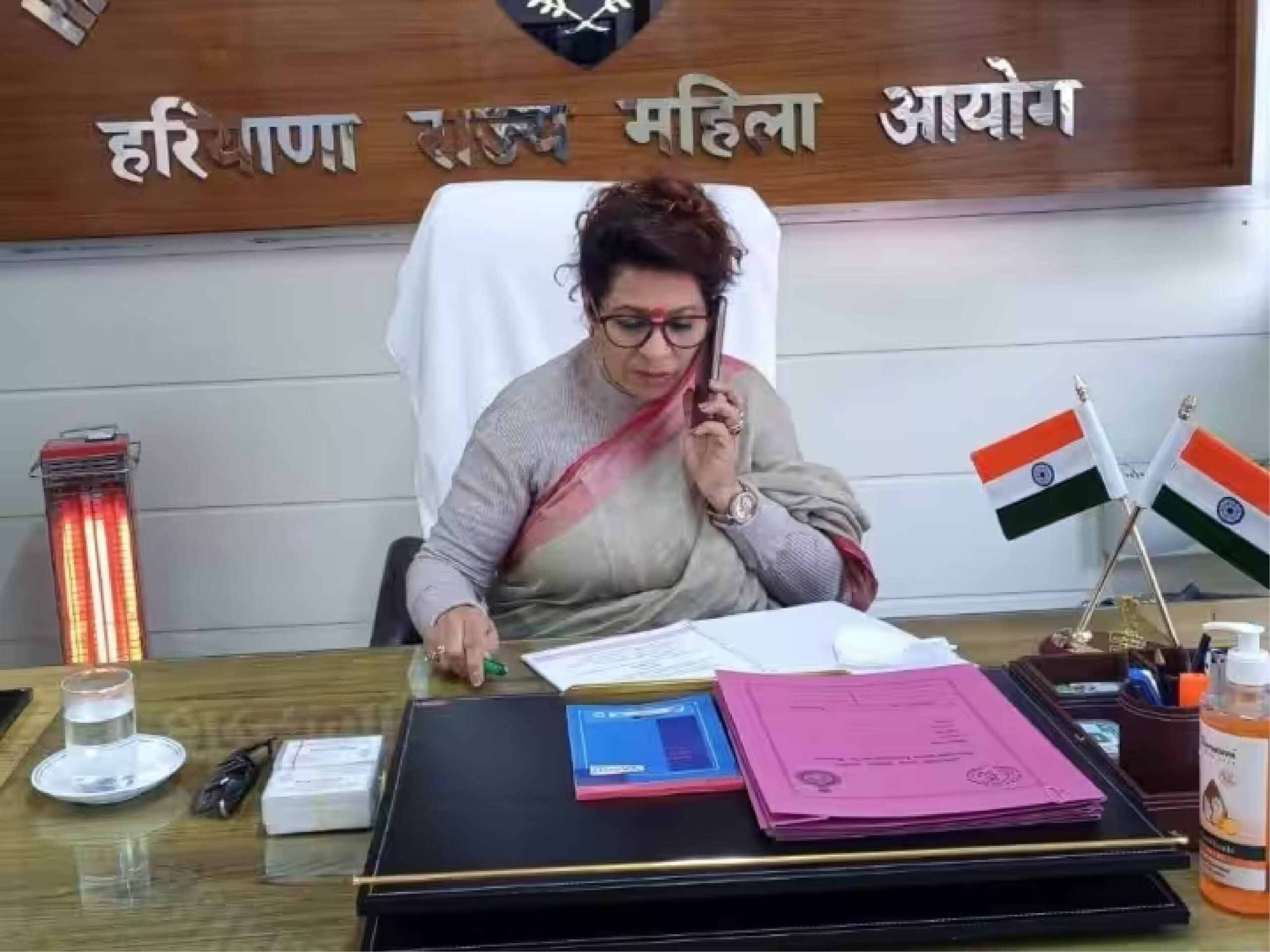


In Haryana, growing concerns surround the escalating crimes against women, shedding light on both state governance and law enforcement inadequacies. With domestic violence, sexual harassment, and eve-teasing on the rise, the safety of women both within and outside their homes is under scrutiny. The Women’s Commission, established to protect and uphold women’s rights in Haryana, has come under fire as over a quarter of its cases from the past 16 months remain unresolved.
Official data from January 2022 to April 2023 reveals that out of the 2819 reported cases of crime against women in Haryana, 28% (approximately 789) remain pending. Despite this, the Commission claims they are actively addressing and resolving these cases based on their urgency and complexity.
Challenges contributing to this backlog are multifaceted. Financial constraints and limited resources, such as personnel, have impacted the commission’s functionality, delaying case resolutions. Commission officials point to the necessity of resources for awareness programs and meetings. The pendency is further exacerbated by external departments’ involvement in some case resolutions and court dependencies.
Renu Bhatia, Chairperson of the State Women’s Commission, acknowledges these delays, attributing some to the intricate nature of cases that require coordination with other departments, pending court decisions, or lengthy divorce and mutual dispute settlements. She further states the commission’s current budget of 2.2 crore needs a substantial increase to meet their responsibilities effectively.
However, governance gaps appear within the Commission itself. Renu Bhatia, appointed Chairperson in January 2022, has seen half her term elapse without the appointment of even one of the five mandated commission members. Such vacancies have raised concerns about the commission’s overall efficacy in addressing women’s issues in a timely manner.
The act governing the commission specifies the need for a Vice-Chairperson and a maximum of five members, including a mandatory representative from the Scheduled Caste.
Historically, the commission saw more robust appointments. In 2017, when Pratibha Suman was named Chairperson, multiple members, including Vice-Chairperson Preeti Bhardwaj from Gurugram, were appointed shortly after, ensuring a full-strength commission. Comparatively, the current commission’s state underscores the urgent need for actionable governance reforms to better serve Haryana’s women.